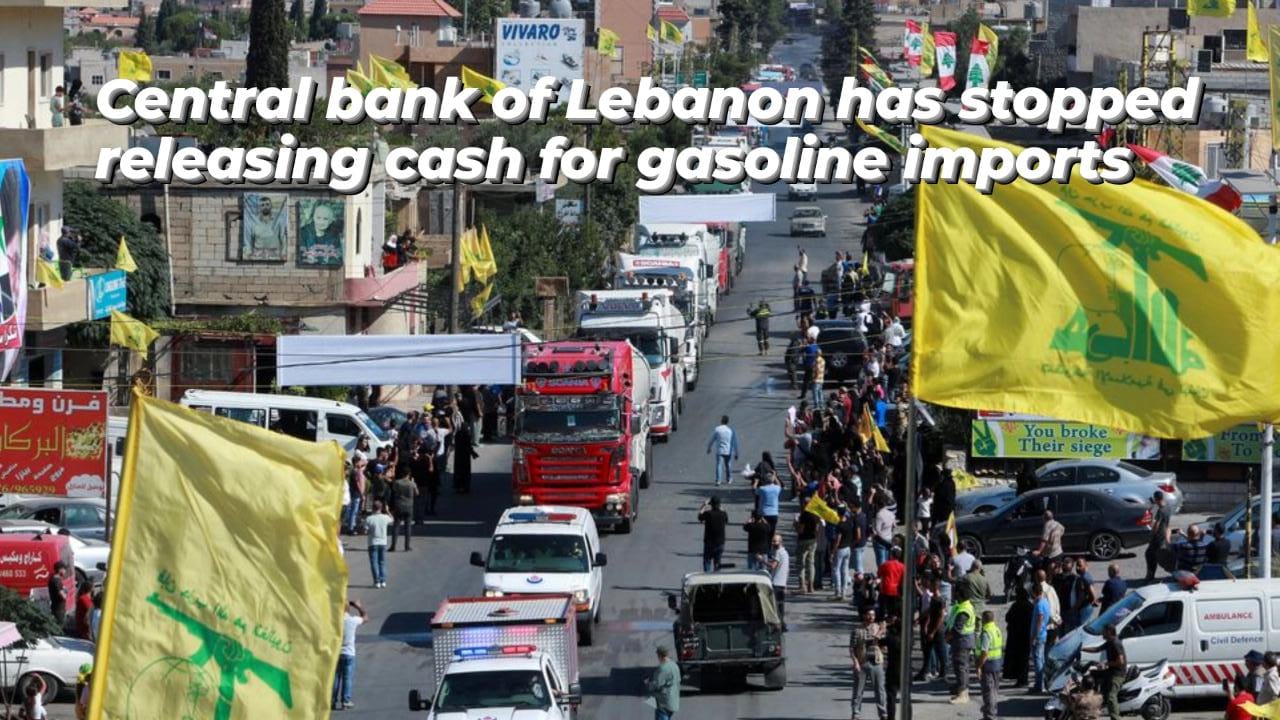
Lebanon’s central bank said that it will no longer provide dollars for gasoline imports, presumably leading to higher and more fluctuating prices as well as increasing pressure on the local currency, which has been slowly losing value.
Despite saying last year that it would stop providing dollars at substantially subsidised exchange rates due to diminishing foreign currency reserves, the central bank continues to do so at a rate lower than market prices on its Sayrafa exchange platform.
However, in recent weeks, it has gradually lowered the amount of money it has granted through Sayrafa, as part of a larger plan to cease subsidies for most items amid a financial meltdown that has now reached its fourth year and shows no signs of abating.
According to a central bank official, importers would now have to get money from the underground market, where the Lebanese pound was trading on Monday at roughly 35,000 pounds to the dollar. Last week, the Sayrafa rate was approximately 28,000.
‘If the exchange rate is more volatile, the fuel price will be more volatile,’ Maroun Chammas, a member of the Association of Petroleum Importing Companies, told Reuters.
The price of 20 litres of gasoline increased by 20,000 pounds on Monday, a huge increase compared to the previous weeks’ typical daily changes of a few thousand pounds.
Chammas stated that importers have been able to obtain all of the dollars they require from the black market thus far, and that gasoline pumps will continue to accept payment in Lebanese pounds at the daily black market rate.

Post Your Comments